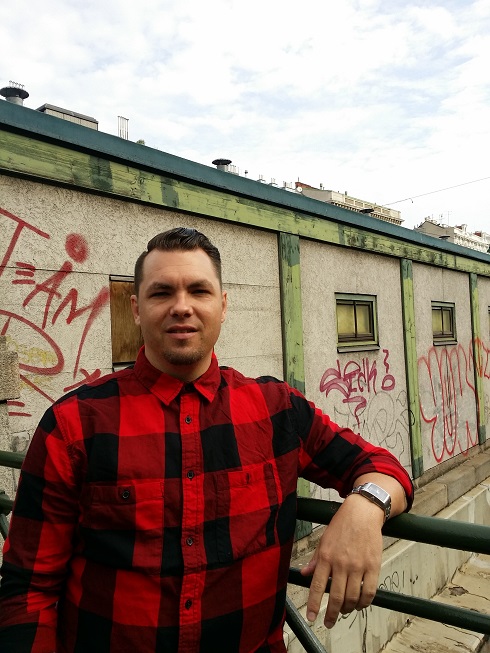Charlie Collins publishes: “Subverting Whiteness: A Systems Theoretical Approach to Anti-Racist Praxis”

IAS faculty member Charlie Collins published "Subverting Whiteness: A Systems Theoretical Approach to Anti-Racist Praxis" was just published in the Global Journal of Community Psychology Pracitce for the special issue on anti-racist and decolonizing praxes.
Collins, along with co-author Erin Watson, argues that anti-bias and other implicit bias trainings fall woefully short in addressing racial inequities. These trainings often do little to address the systems components that perpetuate racial inequity, and which often also create psychological racial biases.
The full abstract for the article reads:
Whiteness as a is a socio-political identity characterized by expectations, conscious and/or unconscious, of power and privileges that are granted to individuals or groups conferred into a White racial classification. This identity was born out of historic conditions (e.g. laws, policies, and practices) that gave rise to a racial hierarchy in the U.S., granting social, political, and economic privileges to people considered “White” and created the expectation that these advantages should continue. This hierarchy and related structural advantages persist today. To subvert Whiteness, activists, educators, and scholars created White privilege (and other related) interventions seeking to illuminate the power inherent in Whiteness. However, these psychologically focused (implicit bias) interventions frequently fail to alter the systemic conditions that perpetuate and reinforce White privilege and BIPOC oppression. To address this issue, we provide a framework that takes a systems approach to subverting White dominance. Bringing together critical Whiteness and systems change theories, we provide readers with a framework designed to alter systems’ and settings’ relationship to Whiteness. Specifically, we detail how interventions may be successful in altering White dominated spaces by (1) defining local patterns of racial privilege/oppression and the system conditions reinforcing them; (2) designing interventions to disrupt and realign these system conditions to promote equity; (3) implementing interventions in ways that uphold justice; and (4) redefining patterns of privilege/oppression and system conditions to learn if efforts are starting to make a difference. We conclude by providing recommendations to change agents, stakeholders, and researchers.